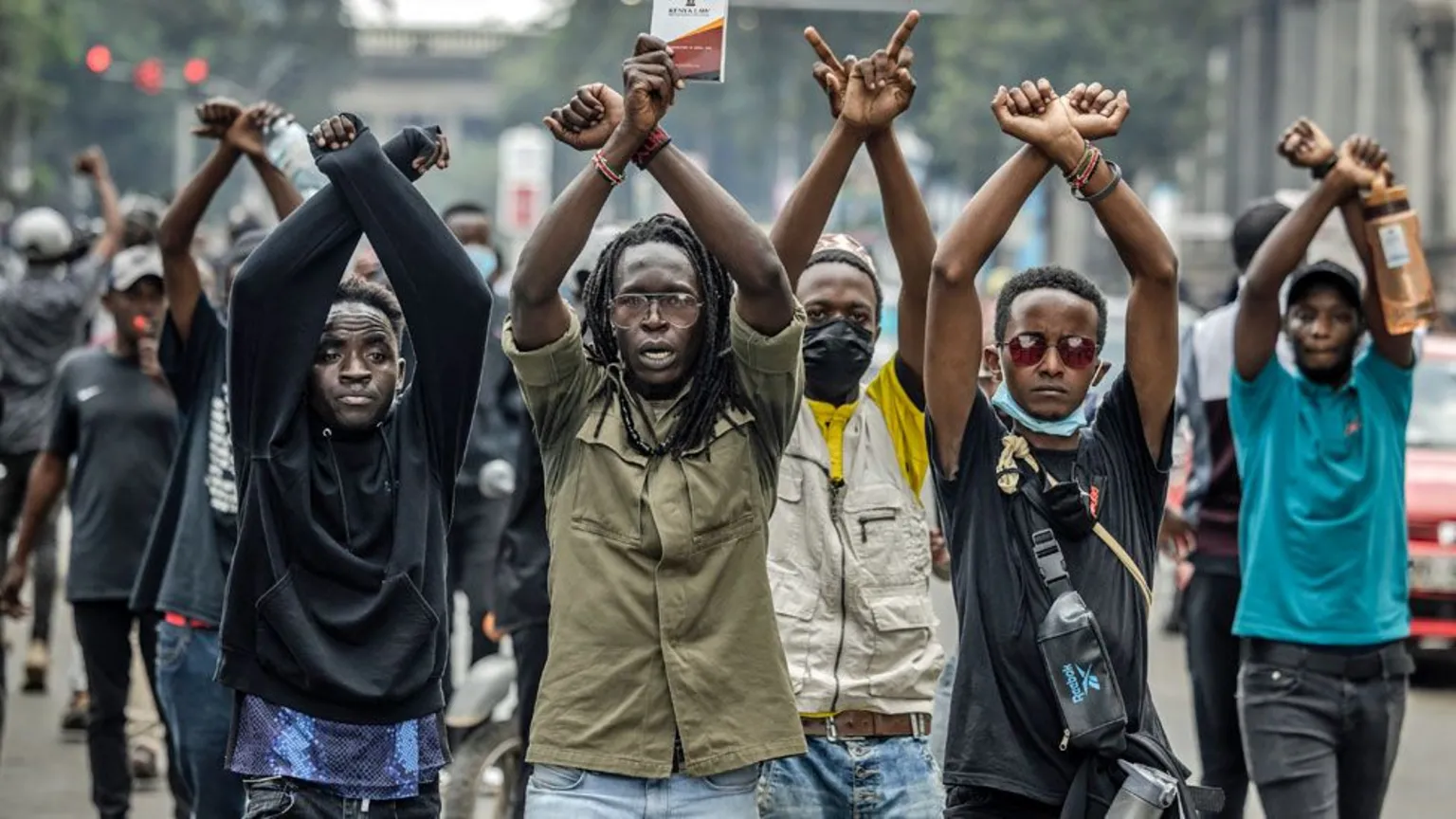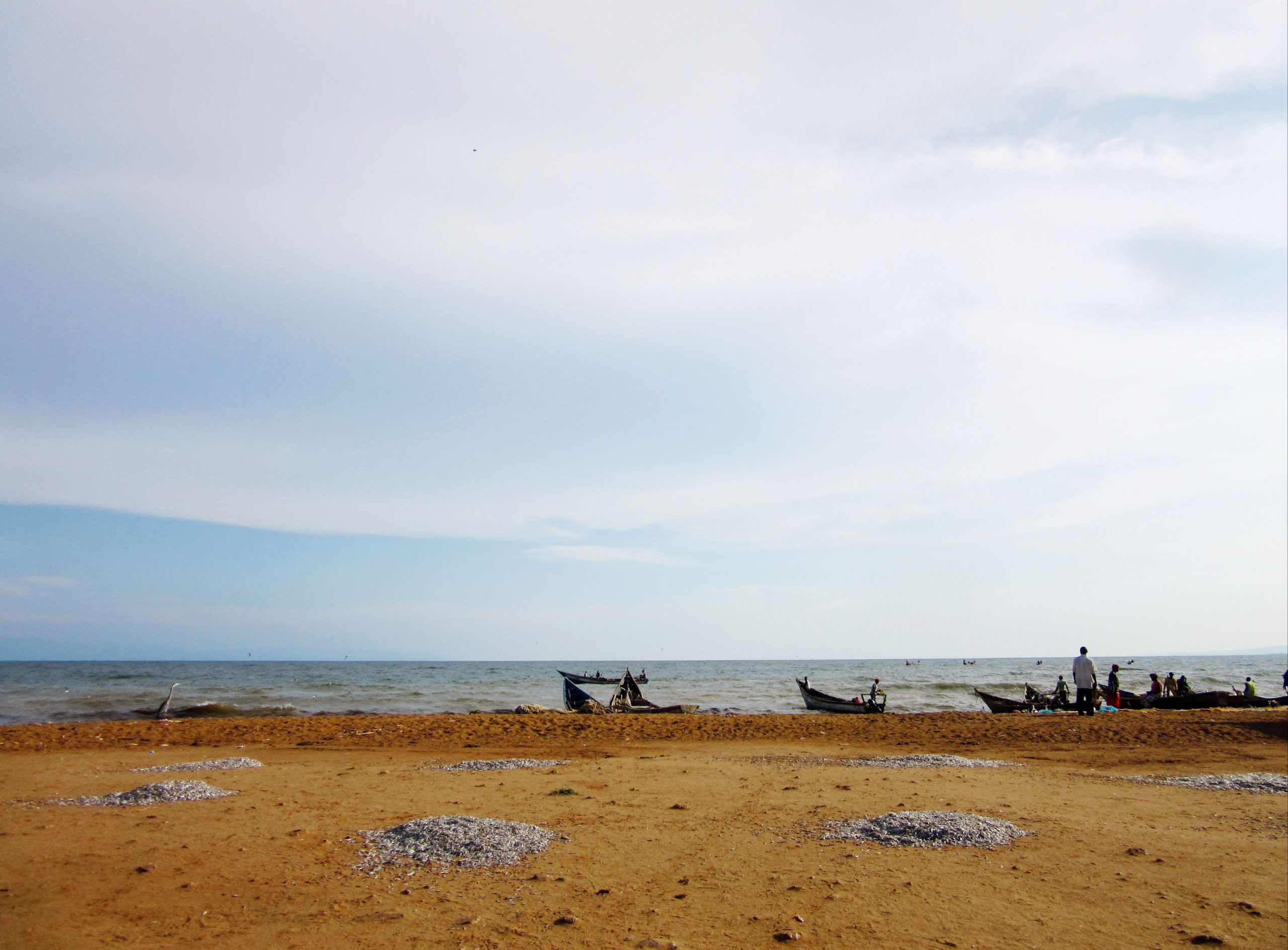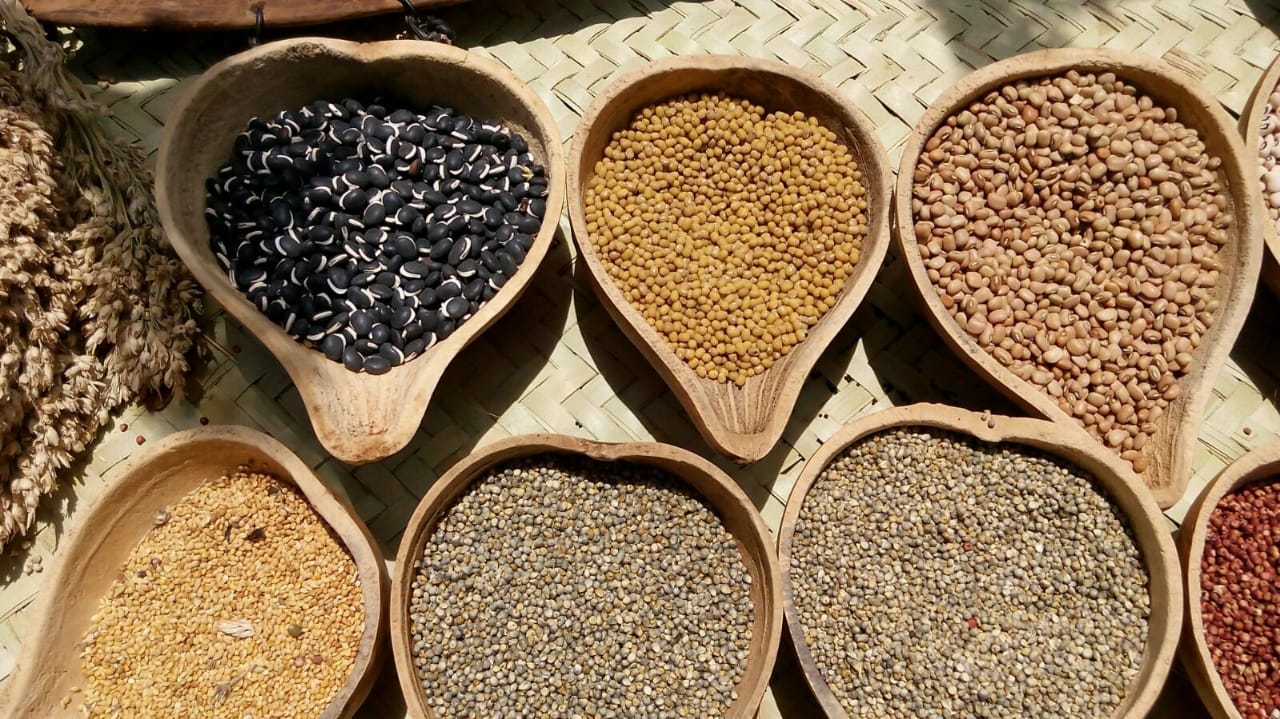In June a mass protest movement began in Kenya in response to the proposed Finance Bill 2024 that would raise taxes on a range of basic goods. The face of the protests reflected the largely young population and one of the movement’s slogans was “leaderless, partyless and tribeless”. As I joined street protests, civic education on Twitter Spaces, signed and sent submissions to oppose policies and cabinet secretaries, and offered…
Category: earth relations
considering nourishment on world food day [podcast]
“On March 13th 2020, the first COVID-19 case in Kenya was reported and that was just a prelude to a “new normal” where schools, markets and offices folded operations. However, despite the pandemic sending chills down everyone’s spine, another crisis was building up at an alarming rate – job losses and lack of safe, affordable and nutritious food. Formerly viewed as a “village thing”…rural thing, kitchen gardens have become a…
stories of life vs stories of death in fossil fuel rich country
Kaiso is a fishing town on the SE edge of Lake Mwitanzige. The lake is currently known as Lake Albert maintaining its British colonial name. The original name means killer of locusts in Runyoro, the main language of the Banyoro people who are the indigenous folks of this area. The south-eastern edge of the lake has been termed the “Albertine Graben” by oil prospectors, denoting a region of the lake with an…
the seed thief resources + study list – afrikan reads book review
I have begun doing Youtube book reviews in a new series titled “Afrikan Reads”. Check out the first video on my Youtube channel, a review of the book “The Seed Thief” by Jacqui L’Ange. Let me know how you like it, subscribe for more, and here is an accompanying resource and reading list on many things seed. on seed – a resource and study list Wangũi wa Kamonji, Indigenous women…
the memory of seeds and indigenous resurgence in tharaka, kenya
“In the global North, it has become more common to declare that indigenous peoples hold the solutions to the climate crisis. Such rhetoric risks being only lip-service if solutions don’t recognise and resource indigenous-led work to repair damage to indigenous cultures, commit to indigenous resurgence and integrate the wisdom of indigenous values. After decades of shame, suppression and devaluation, much indigenous knowledge held by groups like the Tharaka has been…
why we should study afrikan history
“Tracing African pasts through the interlinked lenses of agency, possibility and imagination allows us to counter narratives of Africa as a blank slate, to challenge the privileging of whiteness and Europeanness, and to debunk myths about Africans as people who are destructive or unchanging. It allows us to illuminate diverse possibilities of human living to build on, against the hegemony of a present moment that unsees and devalues us. For…


